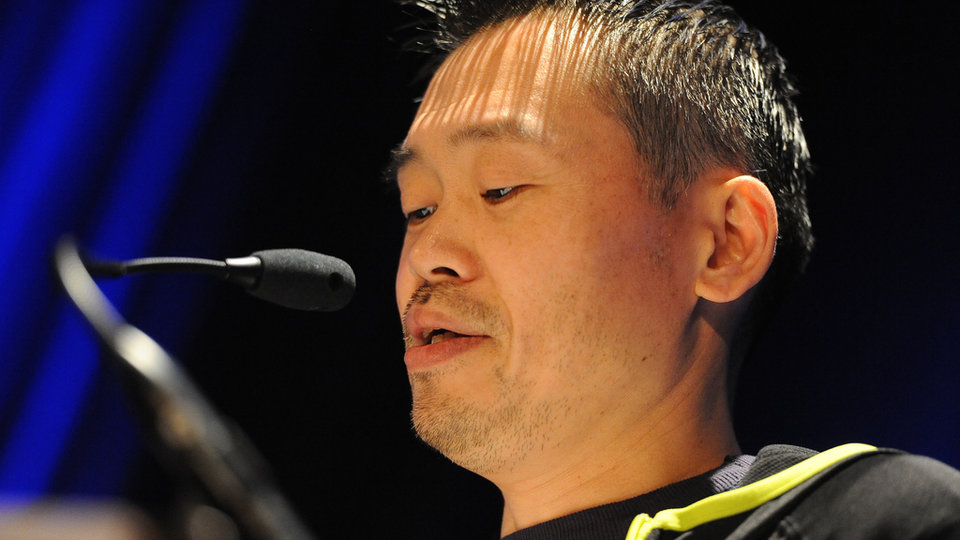Polygon

When asked about the state of the Japanese game industry, Keiji Inafune — producer of Soul Sacrifice, Resident Evil and Dead Rising — believes Japanese developers have to learn from their overseas counterparts, according to an interview with IGN.
"I hope Japanese game developers are breaking through the stagnation," Inafune told IGN. "However, the reality isn't as good as I want it to be. I see they're starting to be aware of the problem and that they have to do something. They know they have to learn more from western games and create games that'll sell more in the western market. However, they don't know what to do or how to do it."
Inafune went on to say that although some developers are saying the Japanese industry is fine, he believes that it is "wishful thinking."
"Words are not enough, we must act and prove it," he said to IGN. "Unless at least a few titles from Japan make it to the top 10 games of the year worldwide, we won't prove it."
Inafune has worked prominently with Western studios on titles like Blue Castle Games' Dead Rising 2 and Spark Unlimited's Yaiba: Ninja Gaiden Z.
Inafune's opinion comes shortly after the annual Japanese Independent Game Development and Media Summit called BitSummit, which took place in Kyoto, Japan last month. Created and directed by Q Games' James Mielke, the event aimed to introduce western media to independent Japanese game developers to create future working bonds.
Mielke believes that if the western media know Japanese developers by name, they would be more inclined to write about their work, instead of the "same old Call of Duty headlines."
Polygon reported from BitSummit where we attended a keynote from Yohei Kataoka CEO and game director at Crispy's, the developers of Tokyo Jungle.
Kataoka said that independent Japanese developers should use their unique qualities to their advantage, and he encouraged them to make the games that they want to make and to think less about marketing their games overseas.
"I don't think [Japan's game industry] is anywhere near over ... it's something we should be proud of," Kataoka said in his keynote.
















